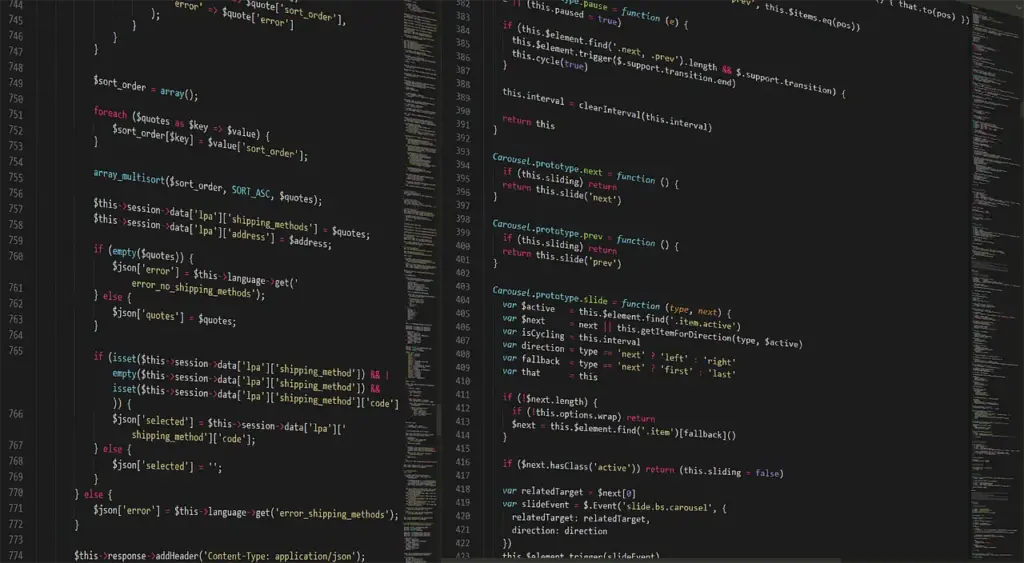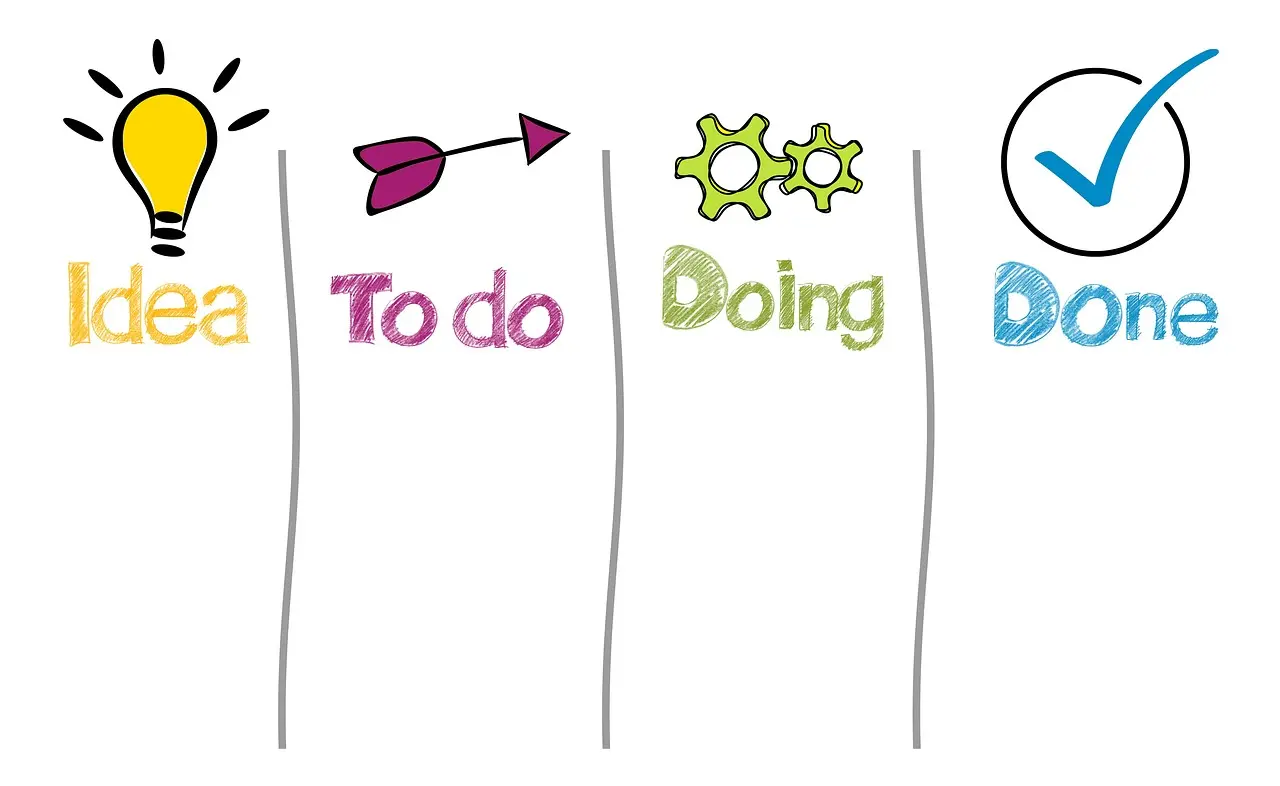Mobile devices have become an integral part of our lives, and the demand for high-quality mobile applications is growing every year. As a result, the profession of a mobile developer is becoming increasingly in demand. In this article, we will look at what a mobile developer does and what functions this specialist performs.
Mobile Developer Functions: Programming Languages and Skills

A mobile developer is a specialist who creates software for mobile devices. The main functions include:

- Designing and developing applications;
- Testing and debugging programs;
- Performance optimization;
- Updating and supporting applications;
- Interacting with clients to determine requirements;
- Market analysis and competitiveness.
To perform these tasks, mobile developers use various programming languages. The most common of them are:
- Java;
- Kotlin;
- Swift;
- Objective-C;
- JavaScript (for cross-platform solutions).
Mobile App Development Process – Programming Languages
The mobile app development process includes several key stages:
- Research and Analysis: Identifying the target audience and analyzing user needs.
- Design: Creating application layouts and prototypes.
- Development: Writing code in selected programming languages.
- Testing: Checking the application’s functionality, including API testing and using tools such as Charles Proxy.
- Launch: Publishing the application on Google Play or the App Store.
- Maintenance and Updates: Regularly updating the application and fixing bugs.
Learning new technologies and tools is also an important part of a mobile developer’s work. It is important to stay up to date with the latest trends, such as AB testing and free testing, to ensure a quality product.
Skills Required for a Mobile Developer
To successfully perform their functions, a mobile developer must possess a range of skills:
- Ability to work with various programming languages;
- Understanding of application design principles;
- Testing and debugging skills;
- Understanding of UX/UI design;
- Ability to work with version control systems (e.g., Git);
- Knowledge of database fundamentals.
Mobile developer work requires not only technical skills but also the ability to communicate effectively with the team and clients. Developers often have to solve complex tasks and find compromises.
Mobile Developer Job Opportunities and Career
According to estimates, there has been an increase in the number of job openings for mobile developers in recent years. This is due to the growing demand for mobile applications in various industries, from finance to healthcare. Professionals in this field can work in large companies as well as freelance.
For a successful career as a mobile developer, it is important to continuously learn and improve qualifications. Participation in courses, webinars, and conferences will help stay competitive in the job market.

Conclusion
A mobile developer performs a variety of functions, from design to testing and application support. Knowledge of programming languages such as Java and Swift, as well as skills in working with various tools and technologies, are key to successful work in this field. Continuous learning and development will help mobile developers not only stay relevant but also reach new heights in their careers.
If you want to learn more about becoming a mobile developer, visit our resources and recommendations section.

**Choosing the Right Programming Languages for Mobile Development**
When it comes to mobile app development, the choice of programming languages plays a crucial role in the success of the project. Each programming language has its strengths and weaknesses, and selecting the right one can significantly impact the app’s performance, scalability, and overall user experience. Let’s take a closer look at some of the most popular programming languages used in mobile development:
### Java
– **Pros:**
– Platform independence, making it suitable for Android app development.
– Strong community support and extensive libraries.
– Robust security features.
– **Cons:**
– Verbosity and boilerplate code.
– Slower performance compared to native languages.
### Kotlin
– **Pros:**
– Interoperability with Java, allowing for smooth migration.
– Concise syntax and reduced boilerplate code.
– Null safety features.
– **Cons:**
– Limited resources and documentation compared to Java.
– Learning curve for developers transitioning from Java.
### Swift
– **Pros:**
– Developed by Apple, making it the go-to language for iOS app development.
– Modern syntax and performance optimization.
– Enhanced safety features.
– **Cons:**
– Limited to iOS and macOS platforms.
– Rapidly evolving language, which may require frequent updates.
### Objective-C
– **Pros:**
– Legacy language with extensive support for iOS app development.
– Dynamic runtime and messaging features.
– Easy integration with C and C++ code.
– **Cons:**
– Steeper learning curve compared to Swift.
– Verbosity and lack of modern language features.
### JavaScript
– **Pros:**
– Cross-platform compatibility for web and mobile app development.
– Extensive libraries and frameworks like React Native and Ionic.
– Rapid prototyping and development speed.
– **Cons:**
– Performance limitations compared to native languages.
– Dependency on third-party tools for native-like performance.
By understanding the strengths and weaknesses of each programming language, mobile developers can make informed decisions based on project requirements, target platforms, and team expertise. Experimenting with different languages and frameworks can also help developers expand their skill set and adapt to evolving industry trends.
Ultimately, the choice of programming language should align with the project goals, client expectations, and long-term maintenance considerations. Stay updated on the latest advancements in mobile development to leverage new tools and technologies for creating innovative and user-friendly mobile applications.
 en
en  ru
ru  de
de  ar
ar  es
es  nl
nl  hi
hi  fr
fr  pt
pt  it
it  el
el 










